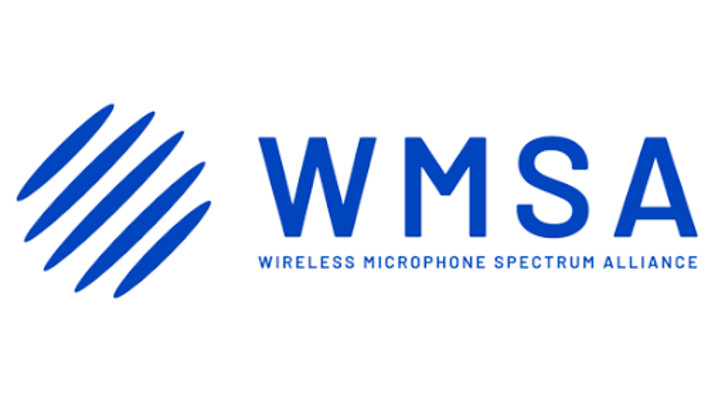Telecom Legislation Emerging on Dual Tracks
The professional video industry's #1 source for news, trends and product and tech information. Sign up below.
You are now subscribed
Your newsletter sign-up was successful
Capitol Hill is dealing with both a DTV transition bill and an overhaul of the Telecommunications Act of 1996 this fall, with much of the congressional agenda either stalled, or modified in recent weeks, because of immediate concerns over the economic and human devastation caused by Hurricane Katrina.
The Senate Commerce Committee will work around a new deadline of Oct. 19 for a DTV transition bill, according to published reports. The committee is in the midst of some Katrina-related hearings, and apparently will hold at least one DTV hearing as soon as its schedule permits. Katrina has prompted renewed calls by some in Congress (notably Sen. John McCain, again) to free up analog spectrum faster for emergency services, similar to calls made soon after the events of 9/11 four years ago.
Meanwhile over on the House side, its commerce committee has unveiled bipartisan draft legislation designed to update nearly 10-year-old American telecom laws to, among other things, deal with technologies that have emerged in the past decade, notably IPTV--which eventually will have some sort of impact on HD, for better or for worse--broadband and VOIP.
Cable and telcos wishing to expand their TV, broadband and telephony services must first go through an often-lengthy, costly process of winning franchises on a local basis, except, most recently, in Texas. New legislation will likely seek to eliminate some of the local red tape for new TV services and, thus, provide more competition, which, in turn, usually lowers consumer prices.
The professional video industry's #1 source for news, trends and product and tech information. Sign up below.
